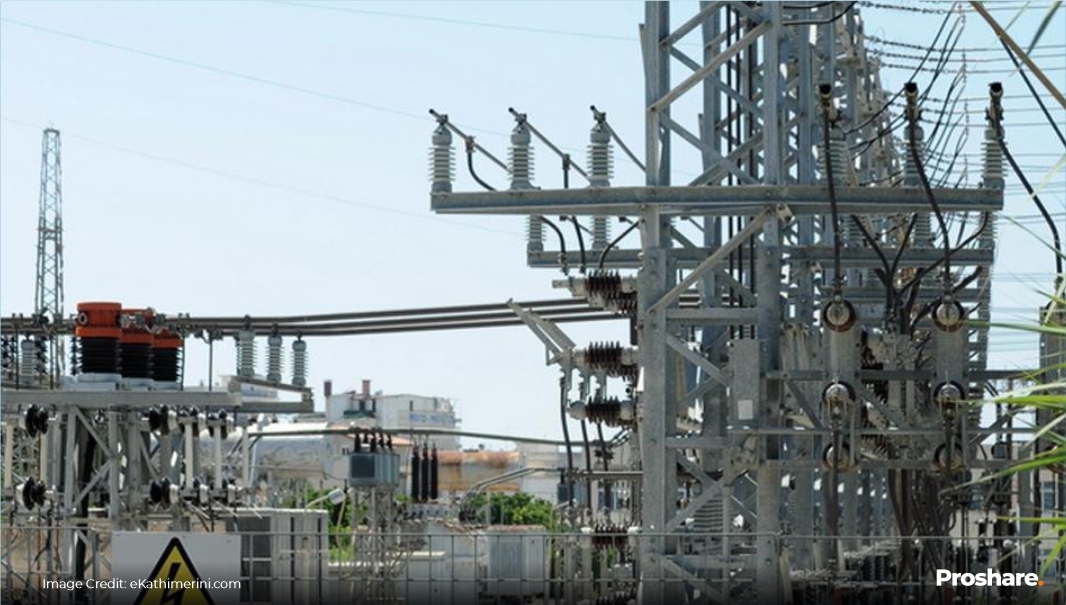Increased oil revenues are one strategy the Nigerian government can use to regain macroeconomic stability, according to the World Bank.
This was stated in the April 2023 Macro Poverty Outlook by the World Bank. According to this, the government may improve the economy by enacting some measures; Increase oil and non-oil revenues, tighten monetary policies to reduce inflation, unify the multiple foreign exchange windows and adopt a single, market-responsive exchange rate.
The World Bank also noted that worsening climate change consequences and rising insecurity could further dim Nigeria’s economic prospects.
The Nigerian economy has not been helped by an increase in oil prices since 2021, according to the World Bank. But amid falling oil production, expensive fuel subsidies, exchange rate distortions, and monetization of the fiscal deficit, macroeconomic stability has deteriorated.
According to the World Bank, “Millions of Nigerians are living in poverty due to the nation’s deteriorating economic climate. Given the absence of macro-fiscal reforms, the demonetization of the naira, and an unsteady external outlook, risks are skewed to the downside.
“Declining oil earnings and mounting expenses have caused Nigeria’s budgetary situation to worsen since 2015, resulting in chronically significant fiscal deficits. Since 2020, the oil industry has done poorly despite historically being the main source of fiscal income and responsible for about 90% of all exports.
“Nigeria has been unable to benefit from increasing global oil prices due to declining oil production and the rising cost of the gasoline subsidy.
“The Niger Delta oil-producing region faces technical and security challenges, as well as infrastructure deterioration and underinvestment in the industry. The Nigerian National Petroleum Company also faces delays in paying the government’s share of costs in joint venture operations.”










